The day after Halloween, I held a Piano Party (monthly group class) with my students. I took advantage of the holiday to have a Fall/Halloween theme and invited students to wear their Halloween costumes if desired.
We began, as always, by watching a video on YouTube. This time, I picked Jarrod Radnich’s transcription of the Harry Potter movie music, which fit well with our theme. We spent a few minutes afterwards discussing transcription/arranging and remarking on how much practicing Mr. Radnich must have done! 😉
By the way, my husband surprised me with a projector as a birthday gift back in June. The projector has been a fun teaching tool for camps and group classes. (And it is essentially serving as our TV because we don’t own a TV.) Before I had the projector, I showed videos at group classes on my laptop or by holding up my iPad Mini.

Rhythm Dictation Activity
At every Piano Party, I make it a priority to do at least one rhythm activity. I found a really cool idea for rhythm dictation activity at the “O For Tuna” blog. Being the do-it-yourself-er that I am, I designed my own rhythm slides and “heartbeat charts.”
Here is how the activity works: Each student is given a heartbeat chart and some game tokens. The teacher claps/chants a prepared rhythm and asks the students to repeat it back together a couple of times. Once they have internalized the rhythm, the teacher asks them to notate the rhythm on their heartbeat charts using game tokens. (A single token placed in a heart represents a quarter note. Two tokens within a heart represents beamed eighth notes. A blank heart represents a quarter rest.) The teacher walks around the room and provides feedback for students as they work. After a certain amount of time, the teacher describes or displays the correct answer and allows students to self-correct their work as necessary.
For game tokens, I like to use glass gems available in the floral section at the craft stores. Anything goes, though — maybe some holiday-themed erasers would be fun!

I can see this activity becoming a new staple in my group classes. I love the way this activity helps students make the ear-eye connection between how a rhythm sounds and how it looks.
In case you’d like to try this activity, I’ve added free PDFs for the rhythm slides and the heartbeat charts to the Printables page. Visit the Printables > Games page and scroll down to the H’s to find the “Heartbeat Charts for Rhythm Dictation.” Here’s the PDF download:
 Heartbeat Charts for Rhythm Dictation (297.1 KiB, 13,935 hits)
Heartbeat Charts for Rhythm Dictation (297.1 KiB, 13,935 hits)
Continue reading “November 2014 Piano Party & Heartbeat Chart Printable” →
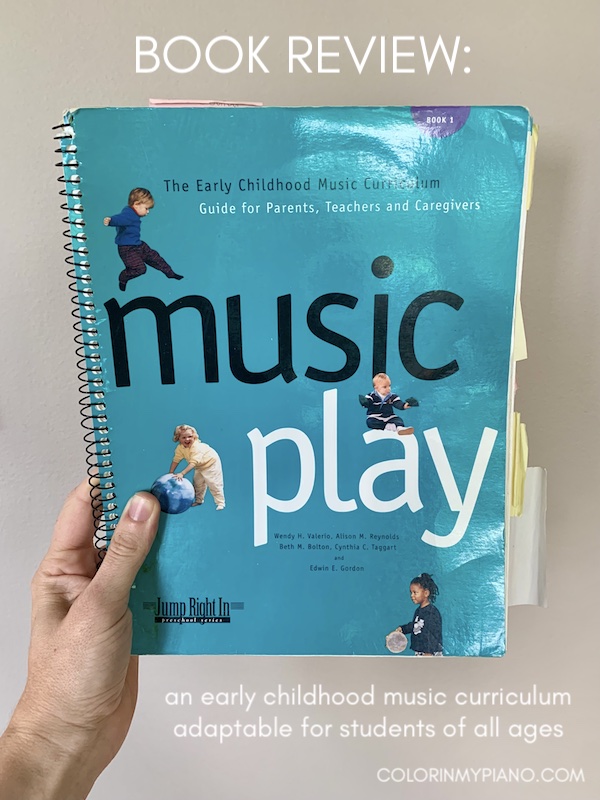


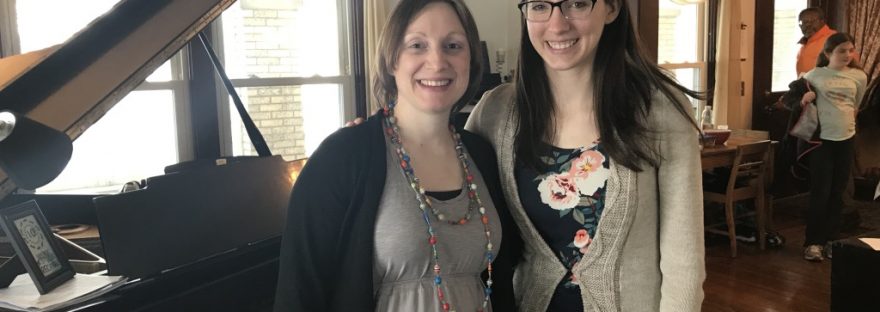

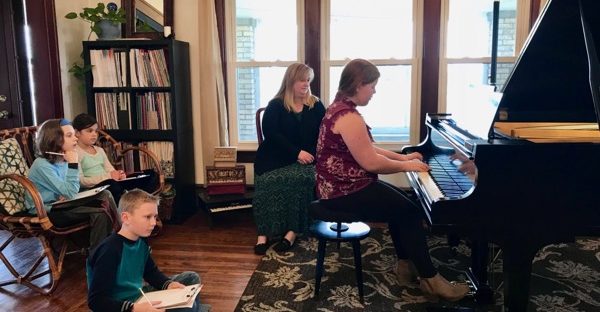
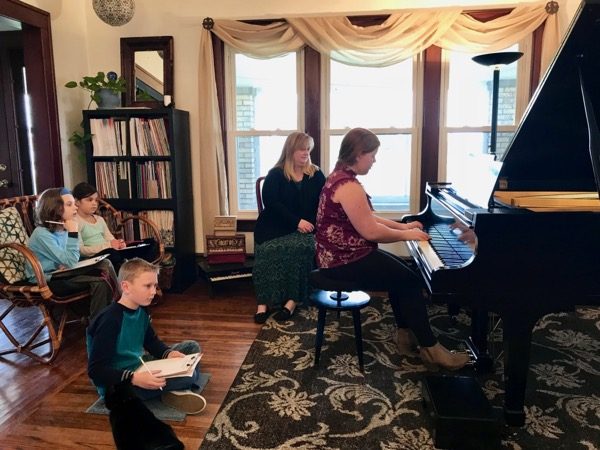
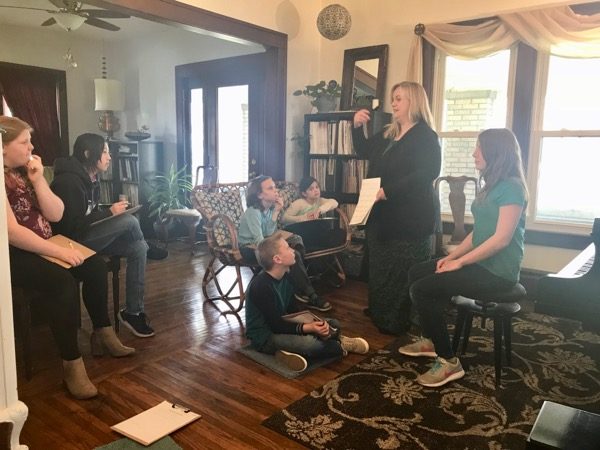
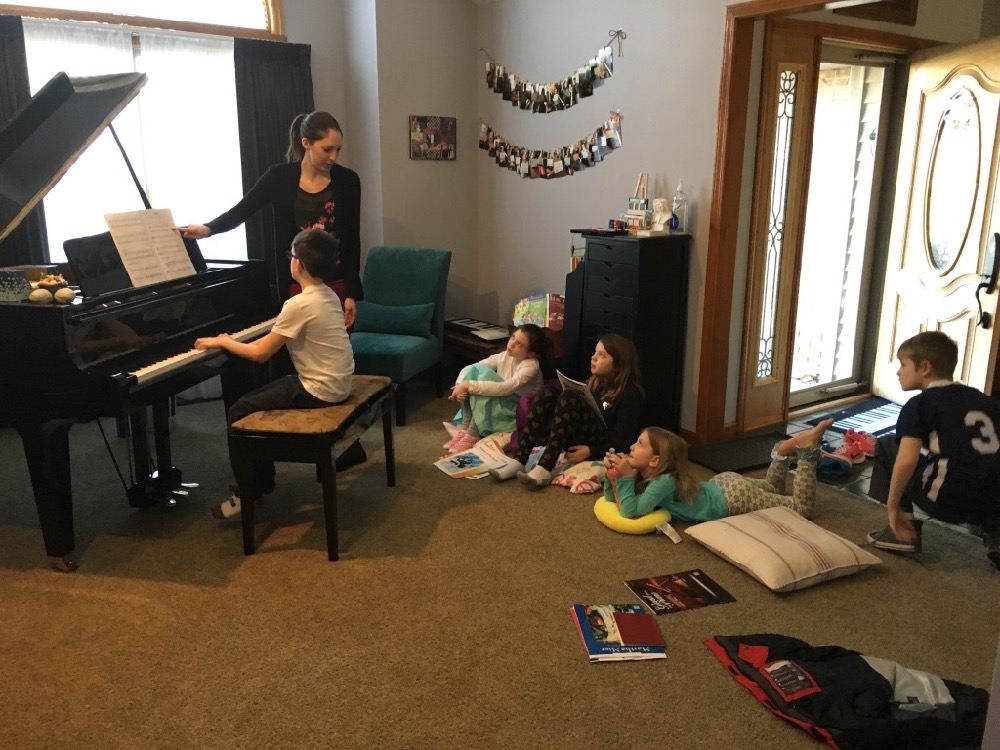
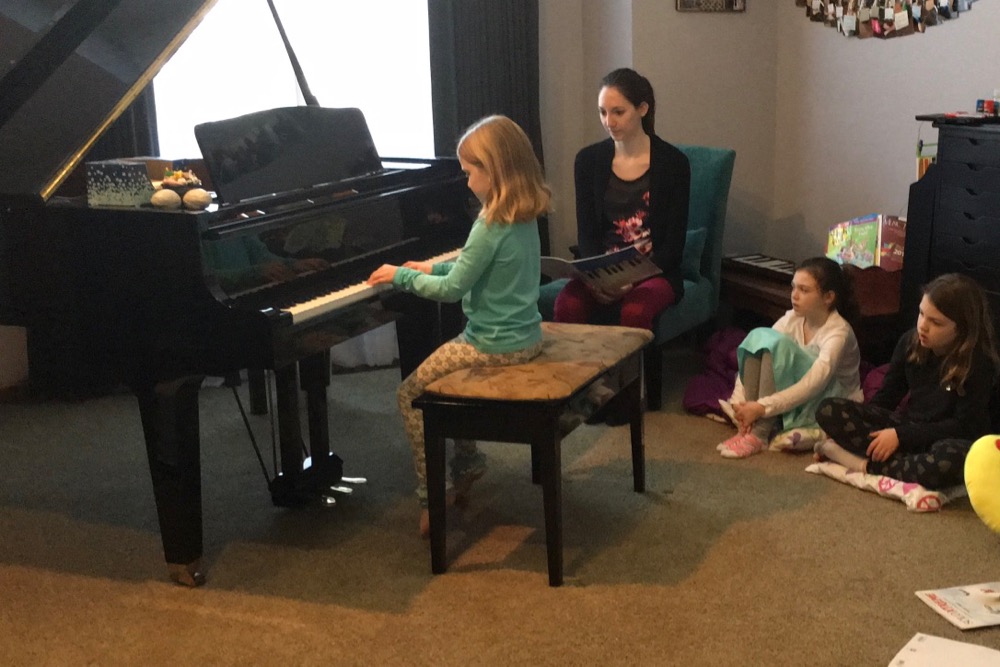
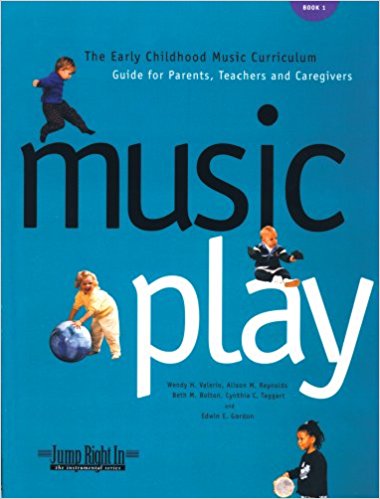
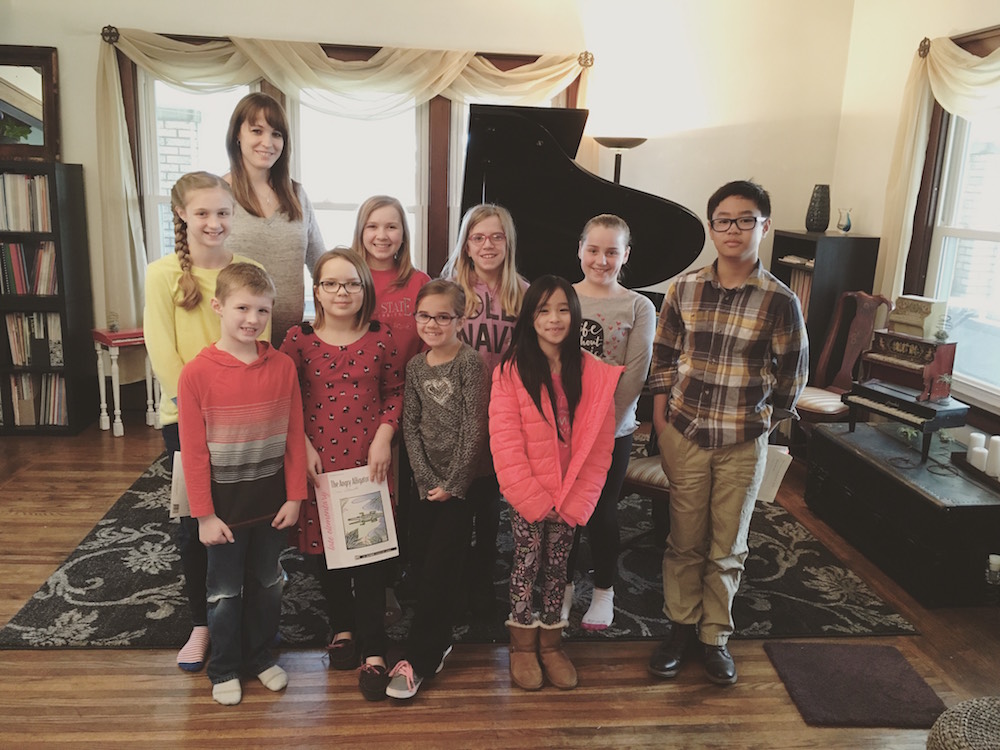
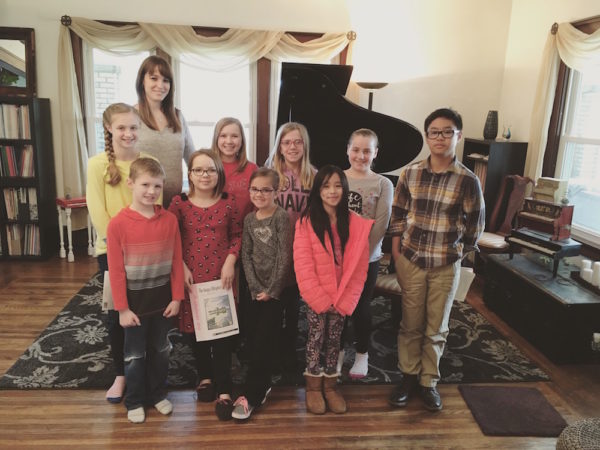




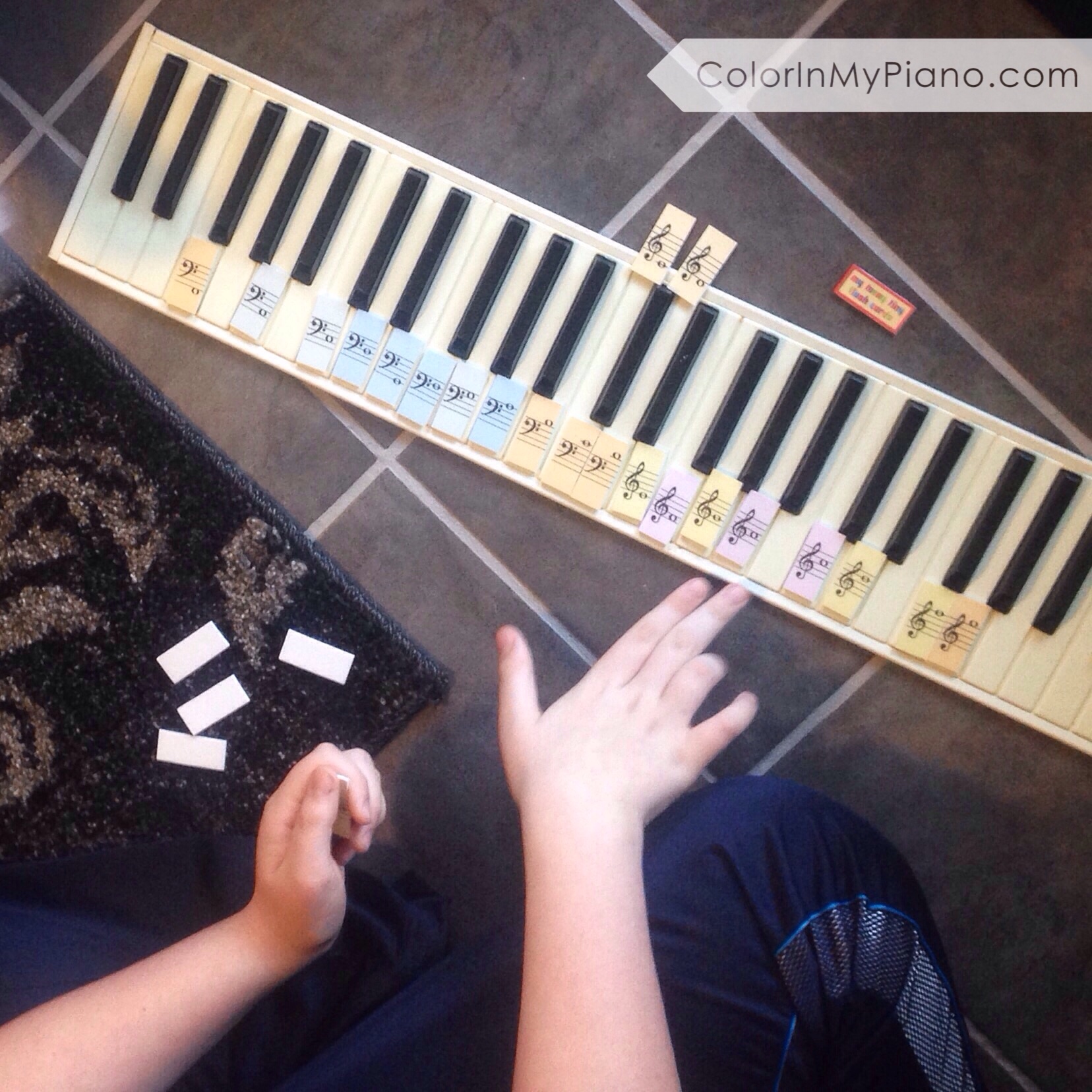

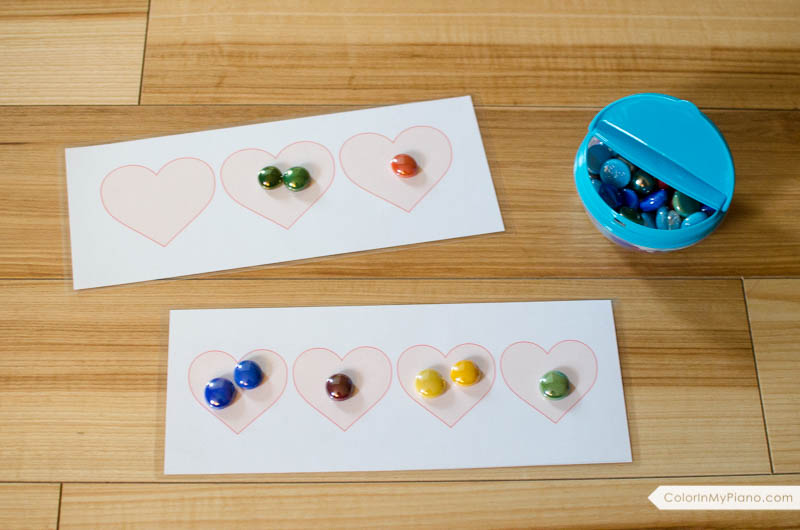



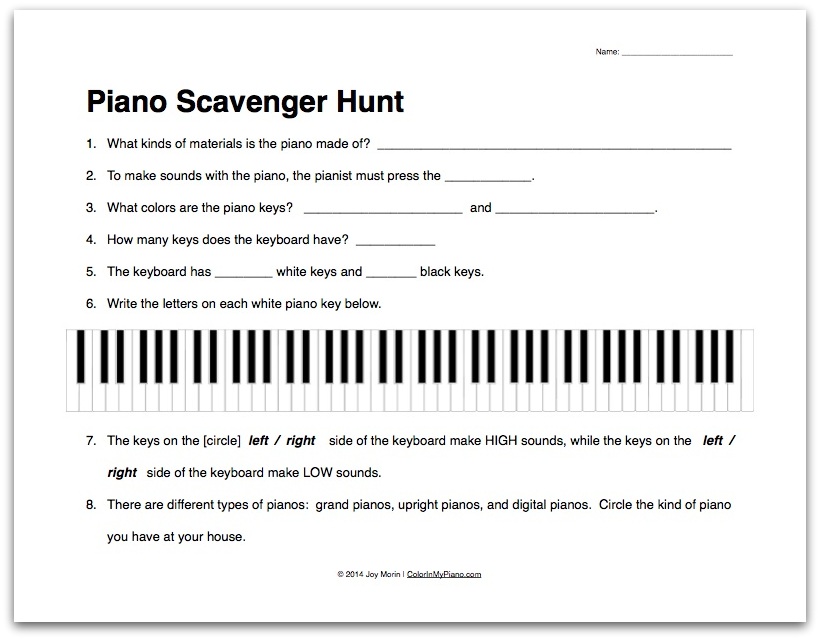

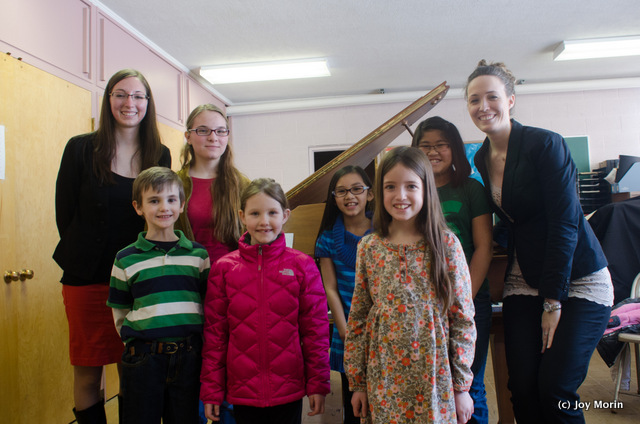

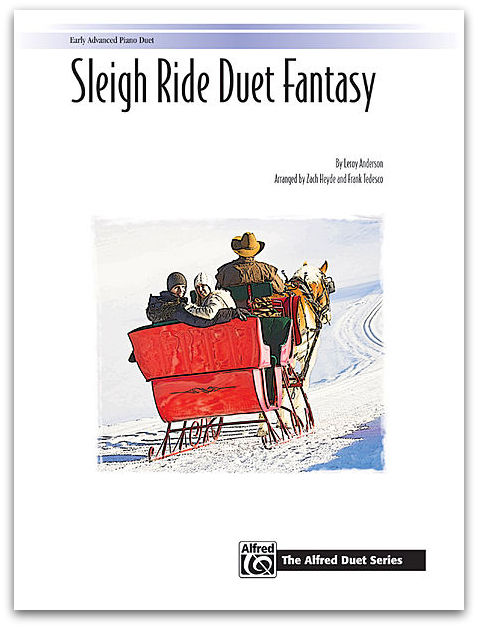
 At my monthly group classes (we call them “Piano Parties”), I like to begin the class by showing an inspiring or humorous video on YouTube. In the past, I’ve shown:
At my monthly group classes (we call them “Piano Parties”), I like to begin the class by showing an inspiring or humorous video on YouTube. In the past, I’ve shown: